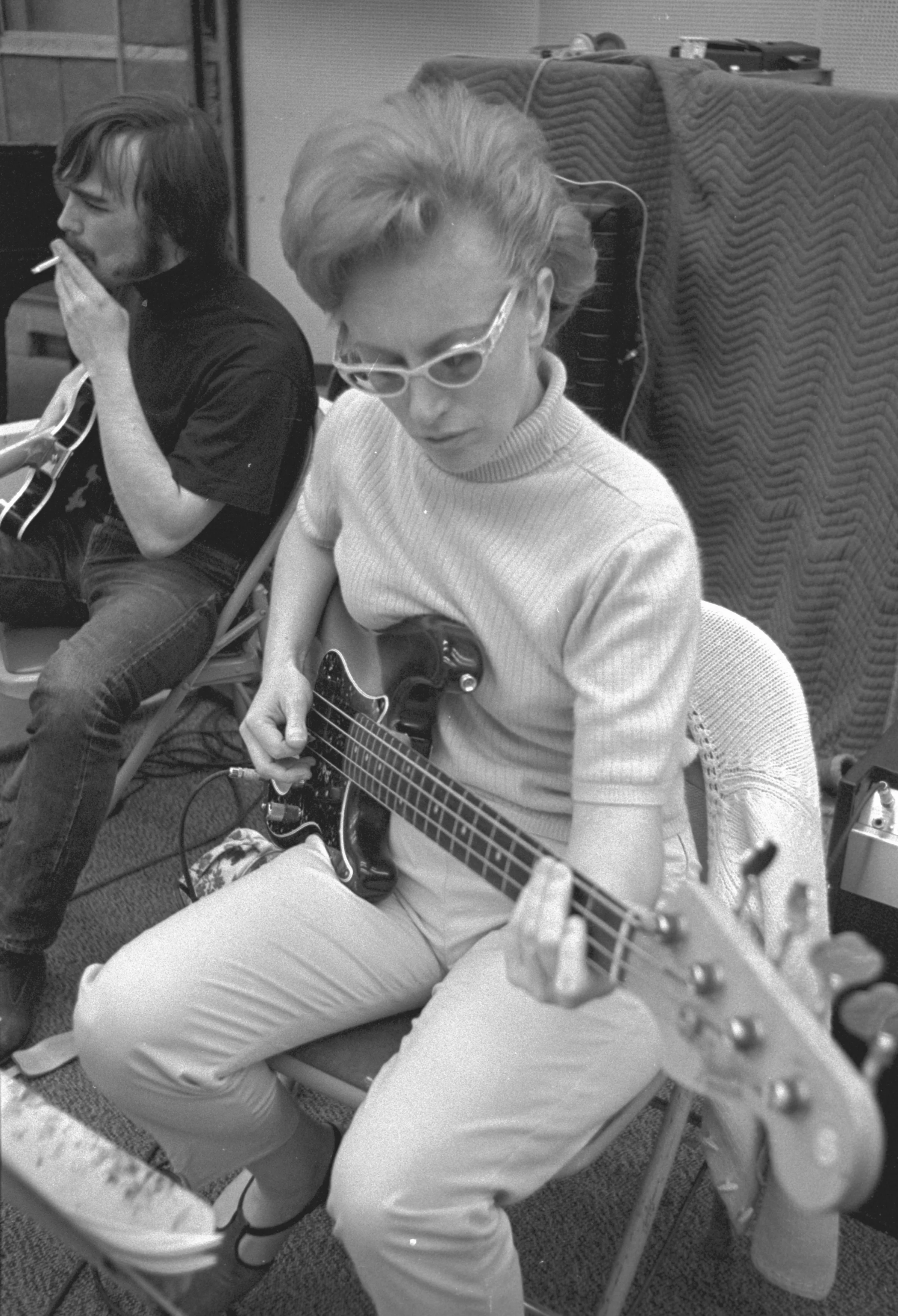http://wreckingcrewfilm.com/media.php
This blog exists to celebrate the creativity of performers.
The blog accepts contributions loosely converging around the four themes below. It gives priority to musical performance in every genre but also invites contributions on the creativity of dancers and actors and all those performers whose creativity often goes unacknowledged in public discourse. Contributions from scholars in all disciplinary areas are welcomed, including music, law, media and culture studies, economics, anthropology and social sciences, to name a few. Similarly, the blog encourages contributions from practitioners, be they performers, managers, lawyers, publishers, producers or journalists. Contributions are invited using a wide range of qualitative and quantitative methodologies, ranging from participant observation and interviews to the use of statistical techniques on big data. Multiplicity of literary styles and genres is encouraged, including essays, interviews, short stories, poems or lyrics, provided they are kept short. Posters and short video contributions will be considered too.
Please email contributions to Ananay Aguilar at aa752@cam.ac.uk.
1. Performers’ creativity
This strand includes thought-pieces where performers’ creativity is central. Contributions include observations on specific performances such as that of Sheila E. (in the first six minutes of the video below) or on the entire work of a specific performer, like that of Carol Kaye (pictured above), or on performance style of a groove, genre or period. They also include reflections on the practices of audiences in relation to creative performance, such as that of classical music collectors whose goal is to find and compare as many performances of a single work as possible. They might include the common practice (commercial or not) of transcribing improvised solos of (unpaid) artists. Or the phenomenon of cover songs and their role in publicising the original work.
2. Performance and ownership
This strand discusses the many ways in which performers take or fail to take ownership over their own performances. As I have shown in my research (forthcoming), the extent to which performers take ownership depends on a series of linked variables including musical genre, professional structures and bargaining power. So, for instance, a performer who accepts a job as a session musician is unlikely to negotiate royalties over and above the upfront payment she is likely to receive, unless she is in very high demand in the music industry. Similarly, a classical violinist may graciously accept his fee for his classical orchestral performance, but take a more proactive approach to negotiating the value of his performance in a jazz gig. What other examples are there out there? Are there other variables that determine ownership in performance? What are they, when do they surface, how are they experienced?
3. Performance and the law
This strand explores how performers position themselves in relation to the law. In this it has many similarities with the second strand: whether a performer feels justified to negotiate her rights will ultimately depend on how likely she is to take ownership of her own performance. Therefore, the three variables outlined above will be equally important in determining how performers position themselves relative to their rights. Case law has shown that joint authorship in the work or in the adaptation are potential paths to follow where the performer’s contribution meets the right conditions. However, not all performances meet these conditions, nor do all performers aspire to joint authorship but are happy to claim performers’ rights or none at all. How do genre, professional practices, bargaining power and other variables shape performers’ exploitation of their performances? How are these variables reflected in formal and informal contracting practices? How do struggles of ownership play out in court cases or in private settlements?
4. Performers’ rights
This strand critically examines the current status of performers’ rights. Considering that the current British copyright system is flexible enough to accommodate a wide range of musical contributions, is it fair to say that it is just right for performers? If not, why? How could it be improved? What would it take to reform the copyright system? What is the political bargaining power of performers? Do these reflections apply to other jurisdictions? What are the similarities and differences? Are some jurisdictions more or less generous towards their performers? If so, can this be explained historically or culturally? What about legal rights relevant for performers outside of the copyright system, such as personality or publicity rights, passing off or trademarks? What is their potential for protecting the work of performers?
Finally, if you have any other related or not so related ideas about performance, please get in touch.


